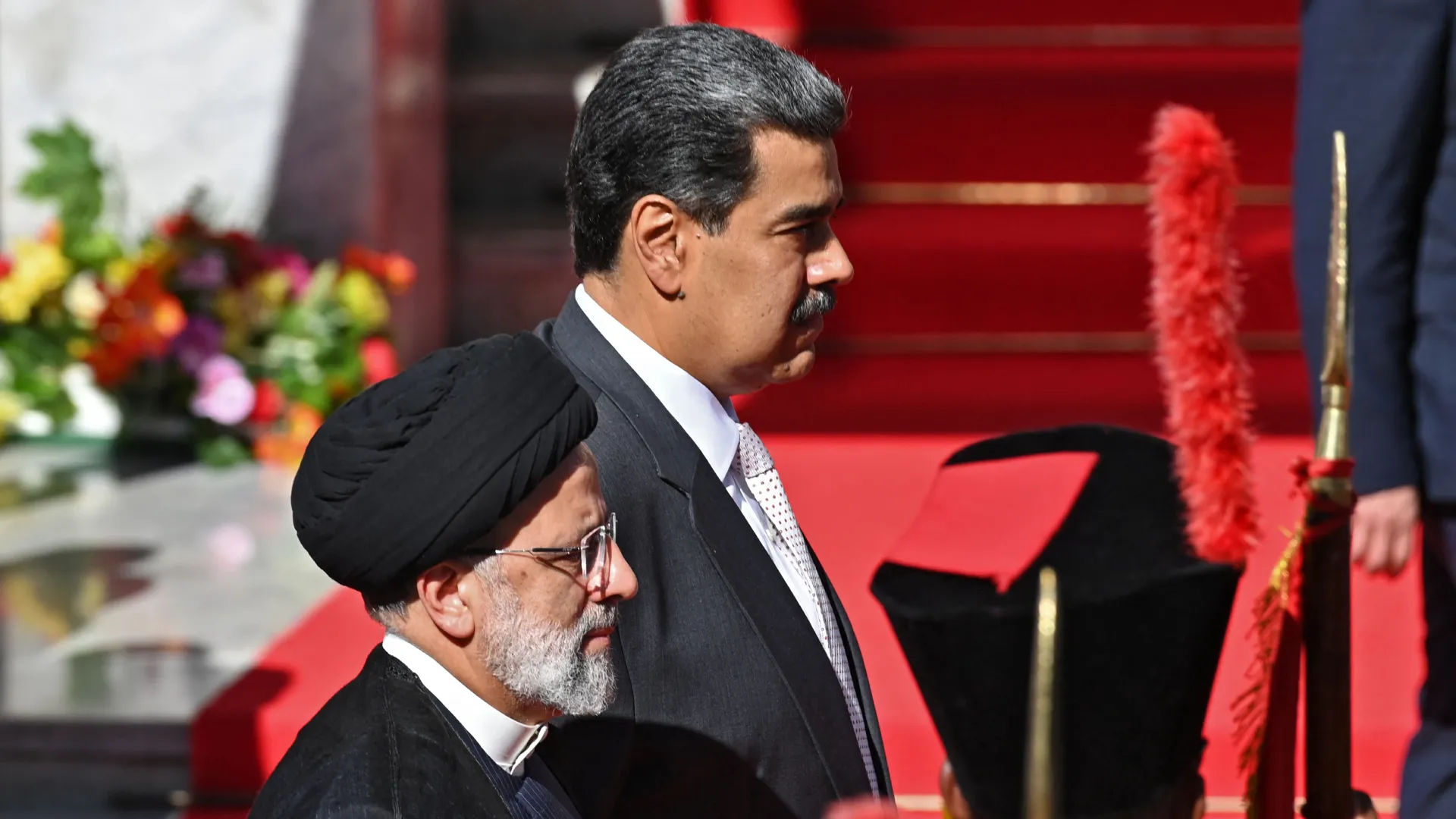Despite global ambitions to target Israeli and Jewish interests, we assess that terrorist attacks by Iran-linked militants in Latin America are unlikely
This assessment was issued to clients of Dragonfly’s Security Intelligence & Analysis Service (SIAS) on 16 November 2023.
- Hezbollah, in particular, has a presence in the region, and Israel has claimed two people arrested last week in Brazil were planning an attack
- But we doubt such groups would risk drawing unwanted attention to their primary objective in the region: raising funds for operations in the Middle East
We assess that Iran-linked militants are unlikely to mount terrorist attacks in Latin America. Israel has claimed that two people arrested by the police in Brazil last week were (Iran-backed) Hezbollah members planning to attack ‘Israeli and Jewish targets’. But the Brazilian authorities have not publicly confirmed these details. There is evidence that Hezbollah raises funds there and in Argentina, Colombia, Paraguay and Venezuela, but we doubt that they would risk drawing local and international scrutiny of these by mounting any attacks.
Recent arrests unlikely linked to imminent attack
On 8 November, the Federal Police in Brazil announced they had arrested two people in an anti-terrorist operation. The police said they launched an operation ‘with the aim of interrupting preparatory acts of terrorism and obtaining evidence of possible recruitment of Brazilians to carry out extremist acts in the country’. Although the government has not directly attributed responsibility to Hezbollah, local and international news reports citing Brazilian government sources have said the arrested individuals were part of the group.
There does not seem to have been an imminent threat of attack. Israel said a joint operation with security services in Brazil had ‘foiled a terrorist attack in Brazil […] on Israeli and Jewish targets’. Aside from calling them ‘preparatory acts of terrorism’, Brazilian officials have not publicly confirmed how far along the terrorist operation was. But international news reports suggest it was only in the ‘initial’ stages. And we understand that there is scepticism within the Brazilian government that there was a genuine plot. This is according to conversations a Sao Paulo-based journalist source of ours has had with someone who works closely with the president.
Iran-backed groups present throughout Latin America
Iran-backed groups, primarily Hezbollah, are present throughout Latin America. That is based on local and international news reports and official statements from the US and regional governments. There have not been any major attacks since the early 1990s, when Hezbollah bombed the Israeli embassy and a Jewish community centre in Argentina as well as a plane in Panama. But there have been a handful of plots for much smaller attacks. For example, in 2021 Colombian and Western intelligence agencies prevented the assassination of two Israeli businessmen in Bogota, Colombia, according to local news outlets.
The primary aims of Iran-backed groups in Latin America currently appear to be financial. They reportedly raise funds in Argentina, Brazil, Colombia, Paraguay and Venezuela to finance operations in the Middle East, in particular using the porous tri-border area between Argentina, Brazil and Paraguay to launder money. Israel has also accused Hezbollah of profiting from human, weapons and drug trafficking in South America. In a sign that Iran-backed groups remain active there, the US sanctioned a group of individuals and businesses in Latin America it accused of helping finance Hezbollah in September.
The region remains mostly permissible for these groups. Many countries do not classify Hezbollah as a terrorist organisation – only Argentina, Colombia, Guatemala, Honduras and Paraguay. This means governments are unlikely to monitor suspected members and networks closely or take preventative measures; a man the US accused of being part of Hezbollah was arrested in Peru in 2017 but was not convicted. Iran-backed groups also receive support from some governments, in particular Venezuela. And pro-Palestine and anti-Western sentiment among far-left groups means the group has received regional support among activists in the past.
Terrorist attacks unlikely
In our assessment, Iran-linked groups are unlikely to conduct attacks in the region in the coming months. This is primarily because it would bring unwanted attention and endanger their financing schemes. In our analysis, these activities in Latin America take precedence over Iran’s broader goal of targeting Israeli and Jewish interests globally following the outbreak of war between Israel and Hamas; it has threatened ‘far-reaching consequences’ in an online statement. Such attacks in Latin America would be seen by leaders in Iran-backed groups as counterproductive, as they would be likely to lead governments in the region to disrupt fundraising activities.
Threat likely to increase as war continues
Still, there is a chance – albeit a low one – of Iran-backed terrorist attacks in the coming years, stemming from the Israel-Hamas conflict. In a sign of this, the head of US Southern Command recently said the US has been watching Latin America ‘very closely’ since the conflict began. Latin America would offer Iran an opportunity to target Israeli interests, where Israel is less prepared to counter threats than it is in the Middle East or Europe. Based on other global plots, it takes years to execute plans like this. And cooperation between Latin American, Western and Israeli intelligence agencies has so far proven capable of preventing any recent attacks.
Any attack would almost certainly target Israeli or Jewish interests. This would include embassies, cultural centres, synagogues or prominent individuals, based on precedent. These would be particularly likely to occur in Argentina, Brazil, Chile, Panama or Uruguay, given the large Jewish populations there. But Iran-backed groups have also attacked opportunistically in other countries. An Argentine prosecutor said in 2013 that Tehran’s terrorist networks had been established in Brazil, Chile, Colombia, Guyana, Paraguay, Suriname and Uruguay since the 1980s.
Image: Iranian President Ebrahim Raisi (L) is welcomed by Venezuelan President Nicolas Maduro at Miraflores Presidential Palace in Caracas on 12 June 2023. Photo by Yuri Cortez/AFP via Getty Images.




